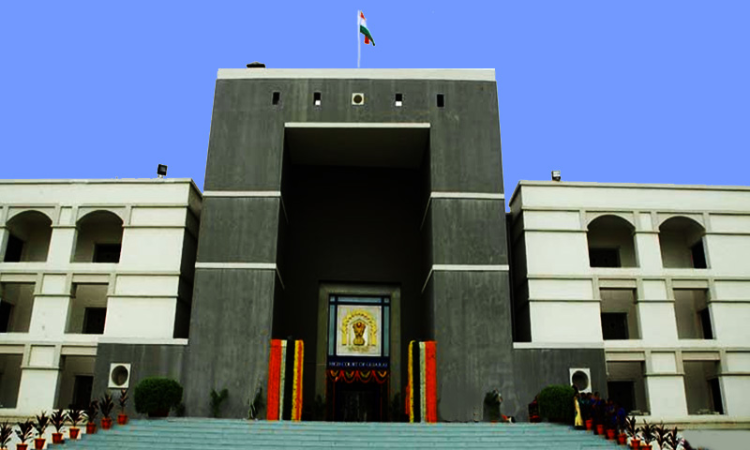Robbery By Five Persons Or More An Essential Element Of Dacoity: Gujarat High Court
LIVELAW NEWS NETWORK
1 Feb 2022 7:15 PM IST

Next Story
1 Feb 2022 7:15 PM IST
While affirming that the commission of robbery by five or more persons is an essential ingredient of dacoity under Section 391 of IPC, the Gujarat High Court refused to set aside the order of the Sessions Court acquitting the accused persons.A Bench bench comprising Justice SH Vora and Justice Sandeep N Bhatt observed,"According to section 391 of IPC, dacoity is robbery committed by five...
